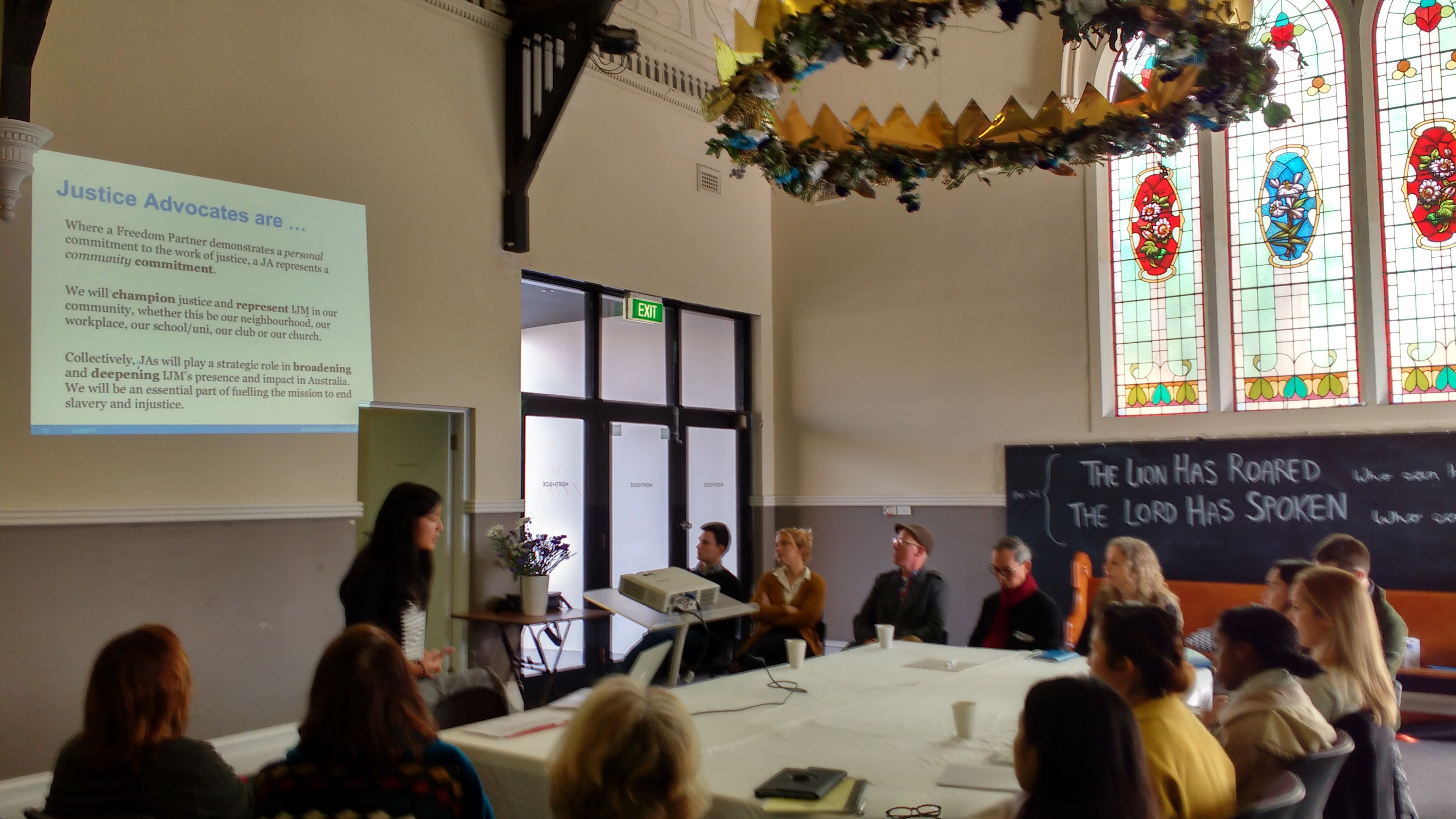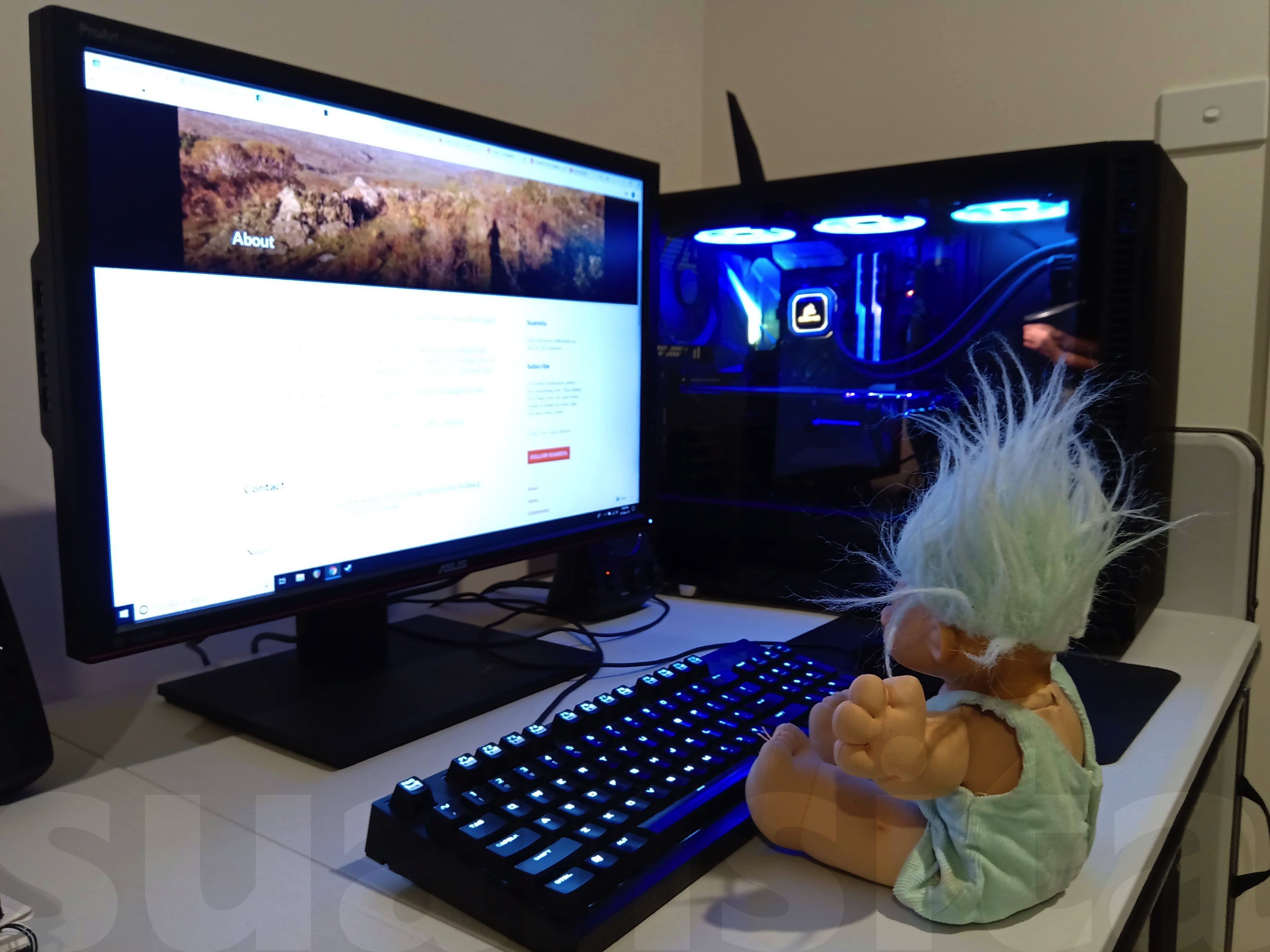I’ve always thought of myself as a beta kinda gal. Even as a child, it was mostly my younger sister who spearheaded our games and playing.
It wasn’t until I was 26 that anybody told me I had demonstrated leadership.
I had been youth leader briefly at my family church, but that was more by default. You stay in town, stay in the ranks and at a certain age you’re older than everyone else and it makes sense to call you a youth leader. And come to think of it, I’m not sure this was ever formalised – I may just have been a “leader in training” for a year before deciding to leave the ministry.
As a uni student, I had been on the state management team of the youth-run organisation I was involved in. But this only happened in the last of the four years I was with the organisation. It had taken me three years to put my hand up for leadership.
Through all of this, nobody really talked to me like a leader, treated me like a leader. I didn’t feel like a leader.
 The person who first affirmed my leadership was a man named Bob. I’d never met him before, and I probably won’t ever see him again.
The person who first affirmed my leadership was a man named Bob. I’d never met him before, and I probably won’t ever see him again.
He conducted my debrief when I returned to Australia after two years in Ecuador. By the time we spoke, I had already done a significant amount of internal processing and so it was quite easy to tell this stranger about my time there, the highs and the lows.
I was feeling the lows. I spoke honestly about the support I wish I had had from the agency. I was healing.
Yet in the midst of that, Bob said two unexpected things: he said it sounded like I had (1) had a good experience; and, (2) demonstrated a lot of leadership.
Curiously, he was right.
At the time, Bob’s first observation was surprising. Yet I can see now that despite the hurt and hardship I described to him, even during that conversation I was able to articulate that my time in Ecuador had been rich and transformative.
Bob’s second observation, on the other hand, seemed more incongruous. I felt that I had tried to lead but had received limited respect for, recognition of and help in my leadership role.
I understand now that those feelings are part of the leadership experience and the character struggles and formation that go along with it. No-one ever said servant leadership was easy.
Bob’s verbalisation of just the fact of my leadership was unexpected but so, so crucial. It was both an affirmation of my efforts, and a framework through which I could understand my work and my influence, both then and now.

Over the weekend I attended the Global Leadership Summit for the first time, and it caused me to turn my mind to that first moment of leadership awareness that I’ve described above.
The GLS was much more than this, but one of the key thoughts that came out of the first session was the need to encourage young people in their leadership. It resonated with me, because I wish that I had benefited from this.
I don’t think I was short of positive affirmation in my younger years, but my capacity to lead was seldom, if ever, reinforced.
That’s not to say there weren’t people who believed in me when I least expected it, who got me where I am now. Back when I was still finding my feet in Spanish, my teacher believed in me enough to give me a tutoring gig. He knew it would build my confidence – and it did. And I loved it.
To this day I still enjoy teaching. It’s a unique and wonderful form of leadership – it’s understated and underrated but so formative.

I’m not a great encourager, but I want to be better at this. I want to be a builder of confidence in others, in future leaders. I want to plant that seed of leadership in the next generation.
And y’know what, I want other beta girls to know that they, too, have what it takes to be a leader.


2 comments